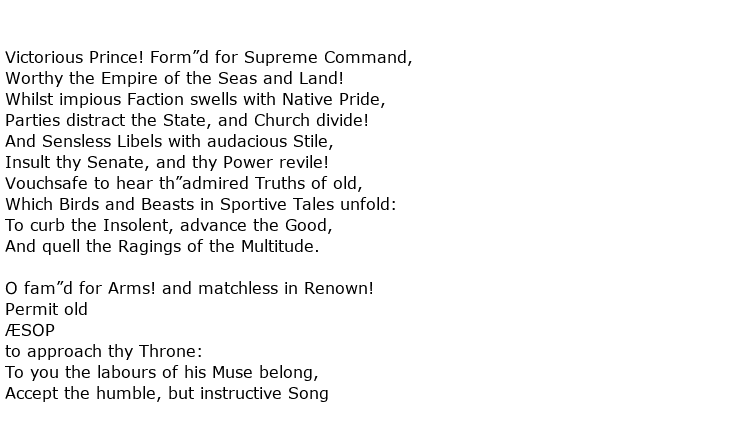 Thomas Yalden was a poet and Church of England minister who produced a number of religious pieces and translations from classic works.
Thomas Yalden was a poet and Church of England minister who produced a number of religious pieces and translations from classic works.
He was born on the 2nd January 1670 in Oxford, although some reports suggest that his place of birth was Exeter. He was educated at an Oxford city grammar school and then at Magdalen College where he studied first as a commoner and then as a scholar. Among his contemporaries there were Joseph Addison, a future poet and politician and Henry Sacheverell, later to become an Anglican minister.
Yalden spent his time writing poetry which included an ode to the king, William III, and for this he found himself briefly in trouble with the law. It was mentioned in another piece of work, a humorous poem called The Oxford Laureat, that Yalden himself was demanding this title for himself, although it could not be proved if this were so with any certainty. He continued his religious studies though and, in 1706, he became a Doctor of Divinity.
He was made a fellow of his college in 1710 and served as a lecturer of moral philosophy, a post considered very honourable. He quickly followed this with an entry into holy orders. During the following years he held a number of rectorships in the counties of Hertfordshire, Devon and Wiltshire. He considered himself to be a member of a group who called themselves High Churchmen and felt he had earned this honour when, in 1702, he wrote a poem celebrating the accession of Queen Anne.
One method of writing that he adopted was the “Pindaric” style of irregular ode that was also used by Abraham Cowley. It seems that he was trying to counter Cowley’s ode Hymn to Light when he composed Hymn to Darkness. Some critics have suggested that this was Yalden’s best work and was described as a work of great vigour which was “expressed with great propriety”. It was certainly considered good enough to be included in a collection published by the celebrated Dr Samuel Johnson,

Apart from this piece his output, in general, was not highly regarded for technical merit with his method of rhyming often being called into question. It is possible though that any faults in his poetry could be blamed on idleness rather than a lack of enthusiasm for “getting it right”.
Here is an illustration of his poetry, a short piece called Æsop To The King:

Yalden occasionally courted controversy and was a little too close to being on the wrong side of the law on more than one occasion but, on the whole, he managed to maintain his liberty and good name in the church. He was arrested in 1722 and accused of being part of Bishop Atterbury’s plot against the reigning monarch. At the trial it was suggested that Yalden had been complicit in the plot. However, there was insufficient evidence against him to proceed, and he was subsequently released. That he did not succeed in his quest to gain higher office in his chosen career is probably down to his character more than any doubt about his abilities.
Thomas Yalden died on the 16th July 1736 at Bridewell Hospital, where he had been a preacher for some years. He was 66 years old.

